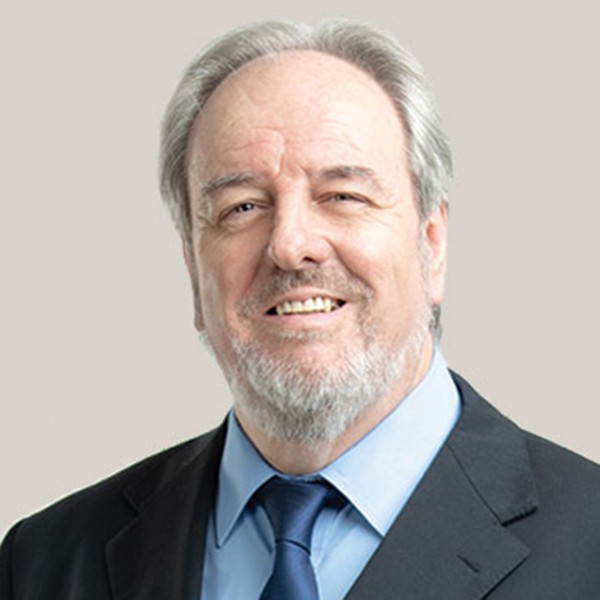
Hong Kong is known for many things including its glitzy man-made skyline, but perhaps one of the biggest surprises, even to Hong Kong citizens, is how many hiking trails there are and how easy it is to get away from the famous steel and concrete metropolis.
With the recent spike in Covid-19 infections resulting in the most stringent social distancing measures since the start of the pandemic, Hongkongers have literally been heading for the hills. Downloads of the popular hiking app TrailWatch doubled from nearly 15,000 in 2019 to almost 30,000 at the beginning of this year. Meanwhile, the Hong Kong Hiking Meetup group has seen membership shoot up from a few thousand to more than 26,000.
The great outdoors
Instead of crowds flocking to urban venues for dining and shopping, often said to be Hong Kong’s favourite pastimes, newbie hikers are striding the paths to famous peaks such as Lion Rock, Devil’s Peak and Hong Kong’s highest peak, Tai Mo Shan.

Tired of online yoga and cooking classes, more people than ever are being drawn to Hong Kong’s trails
With the kinds of crowds previously found in Hong Kong’s shopping districts now turning the local beaches, mountains and mangroves into the Instagram equivalent of picture postcards, the challenge for many is finding new places to explore. And there are plenty of Instagram-worthy places waiting to be discovered.
Country parks, where most of the hiking trails criss-cross, make up 40% of Hong Kong’s land area. Set aside, principally in the 1970s, for conservation and public enjoyment, they were described by the late American conservationist Lee Talbot, who helped plot their locations, as places for Hongkongers to ‘regain equilibrium’.
Just as Talbot wished, tired of online yoga and cooking classes, more people than ever are being drawn to Hong Kong’s trails to connect with nature or to simply let off steam while reaping the physical and mental health benefits. Whether it’s a few hours of spotting butterflies, monkeys, cattle and even wild boar while walking a family trail or some adrenaline-pumping coasteering (an activity that involves climbing and cliff jumping), the response is nearly always the same. It’s an opportunity to breathe, clear the mind and take a step back from the hustle and bustle of daily life and the busy world of work.
Work isn’t everything
If the latest Randstad Workmonitor survey is anything to go by, Hong Kong’s workforce is also taking a step back from the usual full-throttle approach to career development. According to the human resources solutions agency’s litmus test of the sentiments and perceptions of the local job market, Hongkongers are the least likely people in Asia to take action to upskill and increase their negotiating power for higher pay. This is despite 73% of respondents highlighting compensation and benefits as the most important consideration driving their career choices.
Hong Kong’s workforce is taking a step back from the usual full-throttle approach to career development
Even though Hongkongers do not feel pressured to upskill immediately, seven in 10 Workmonitor respondents believe it is increasingly difficult to decide what skills they should develop as the world of work changes. Asked if they needed more training and development to stay relevant in view of the anticipated changes in the job market, 19% of respondents said no. This is 12 points higher than their mainland China counterparts, where only 7% of respondents felt the same way.
What’s more, 23% of Hong Kong respondents say they do not need skills assessment tests from their employer or the government to identify which skills they lack. This is the highest figure in the region, with mainland China, Singapore and Malaysia clocking up 6%, 16% and 10% respectively. At the same time there are high levels of confidence among Hong Kong respondents in stable employment for the foreseeable future, with 92% saying they are not worried about losing their jobs.
While a lack of career advancement motivation may seem a disadvantage when it comes to negotiating higher salaries, for many the key issue seems to be balancing a career with regaining equilibrium.




